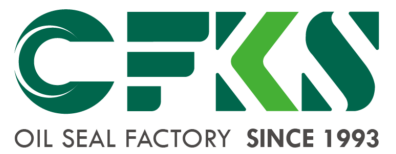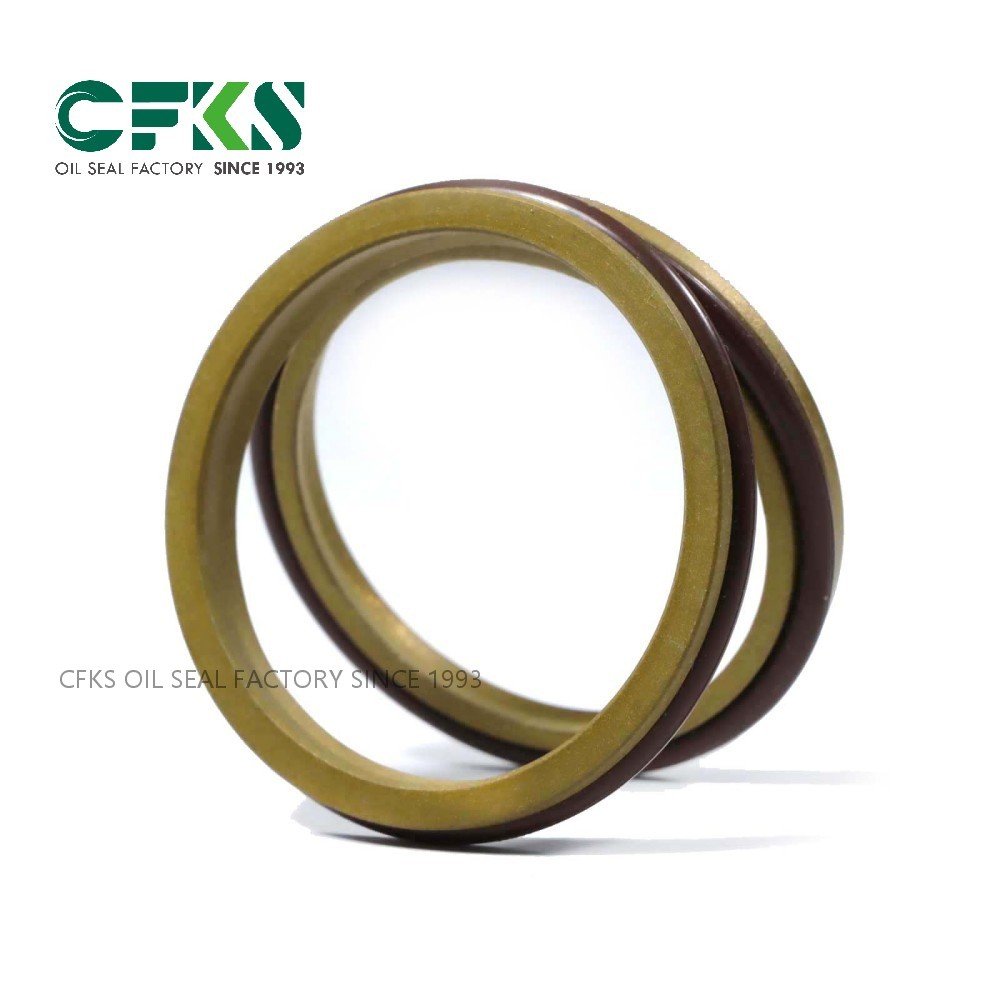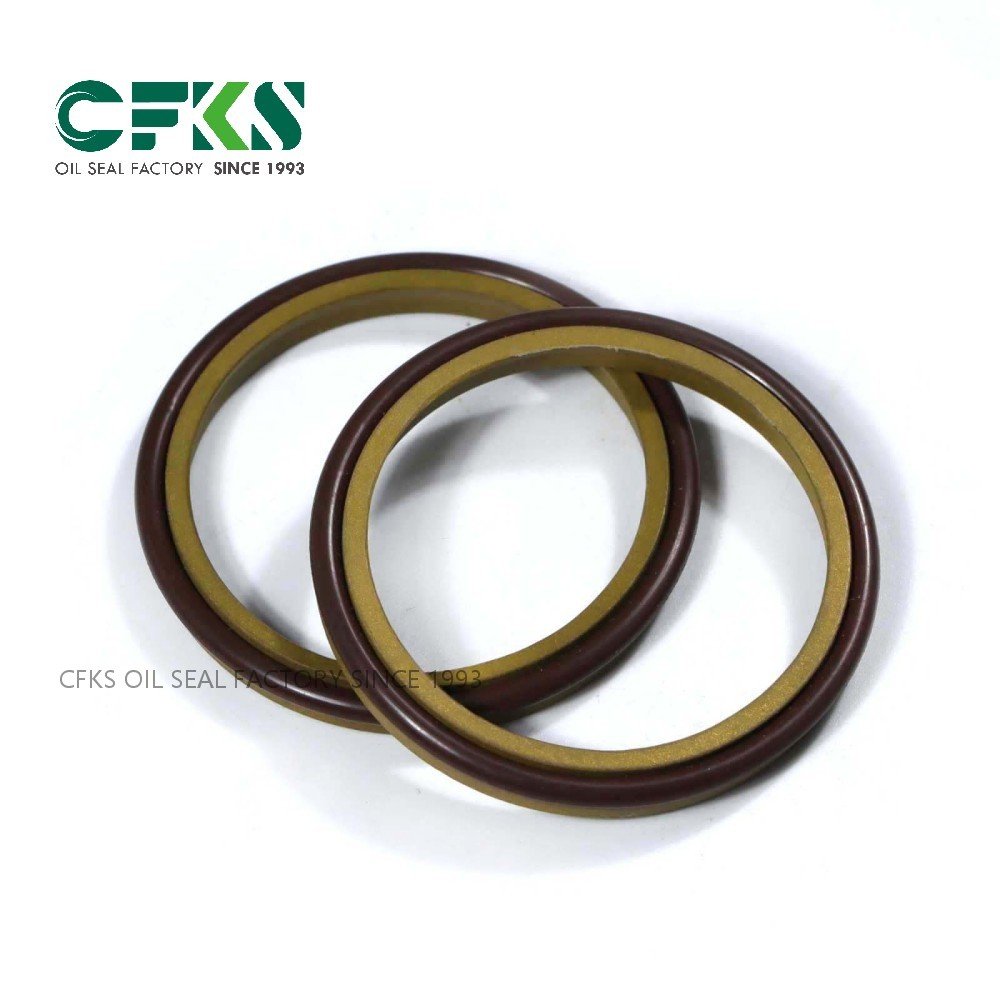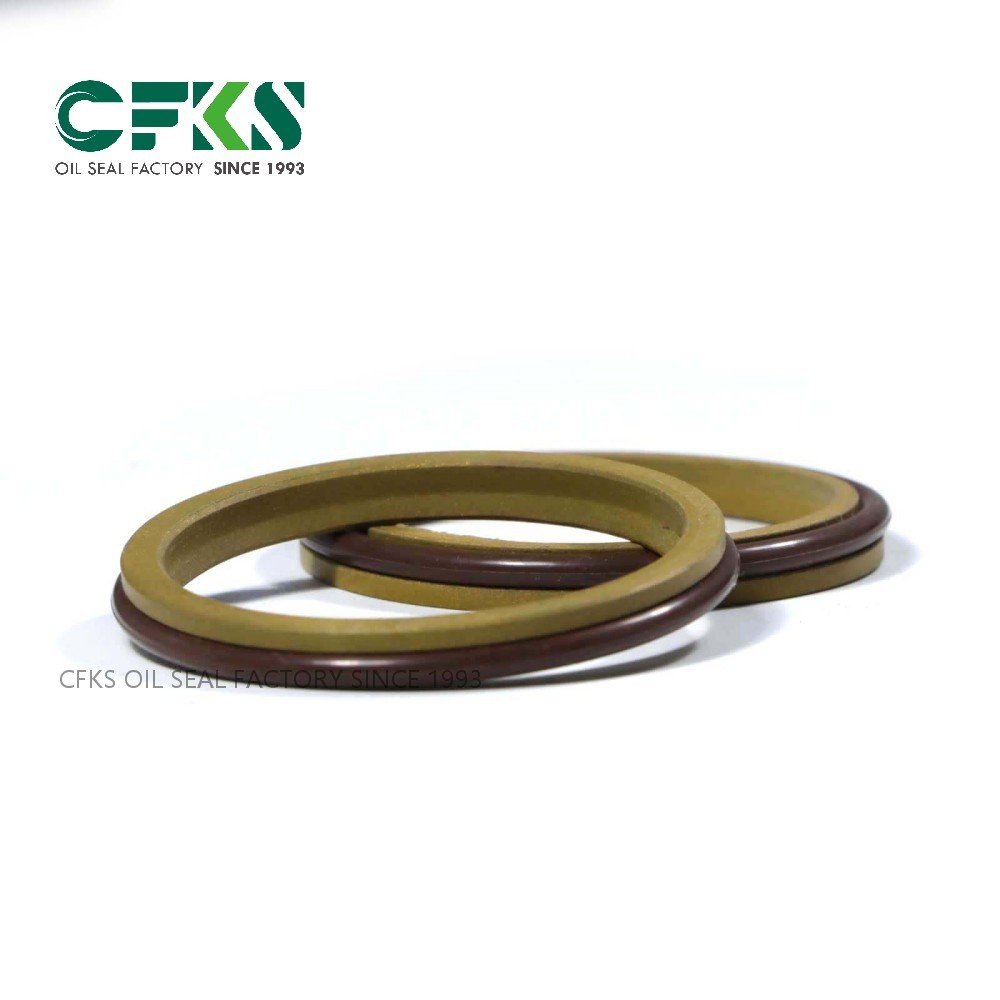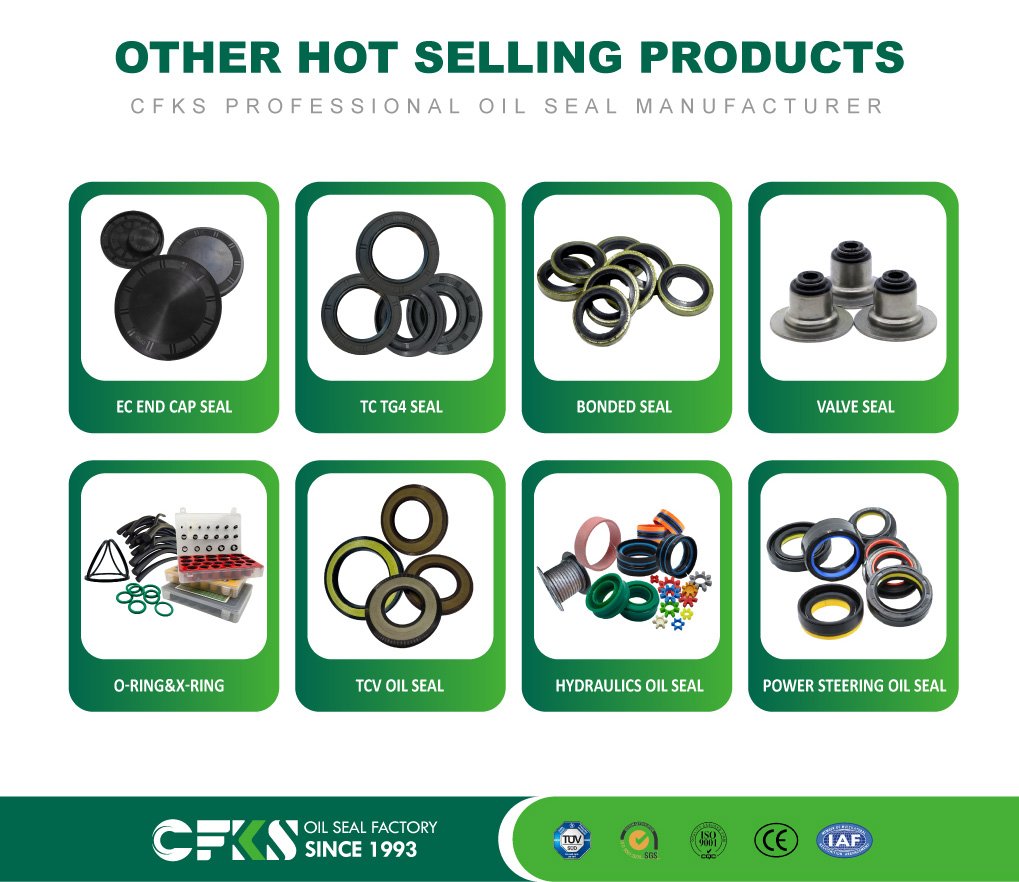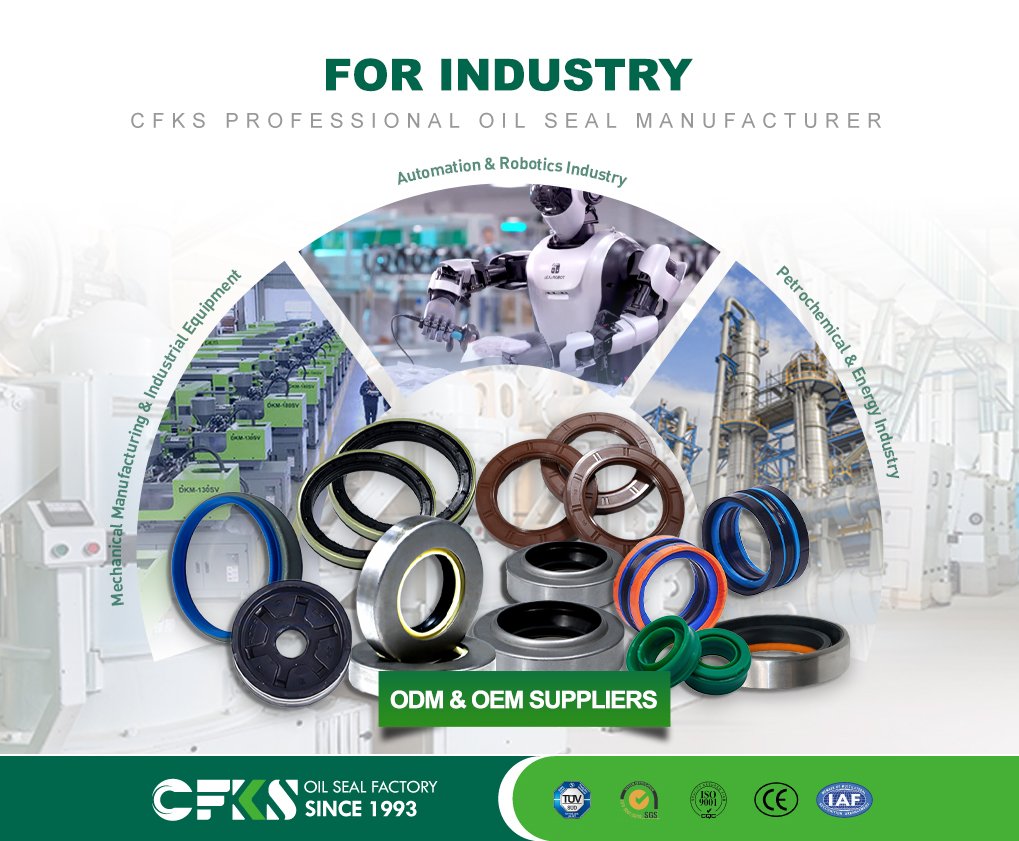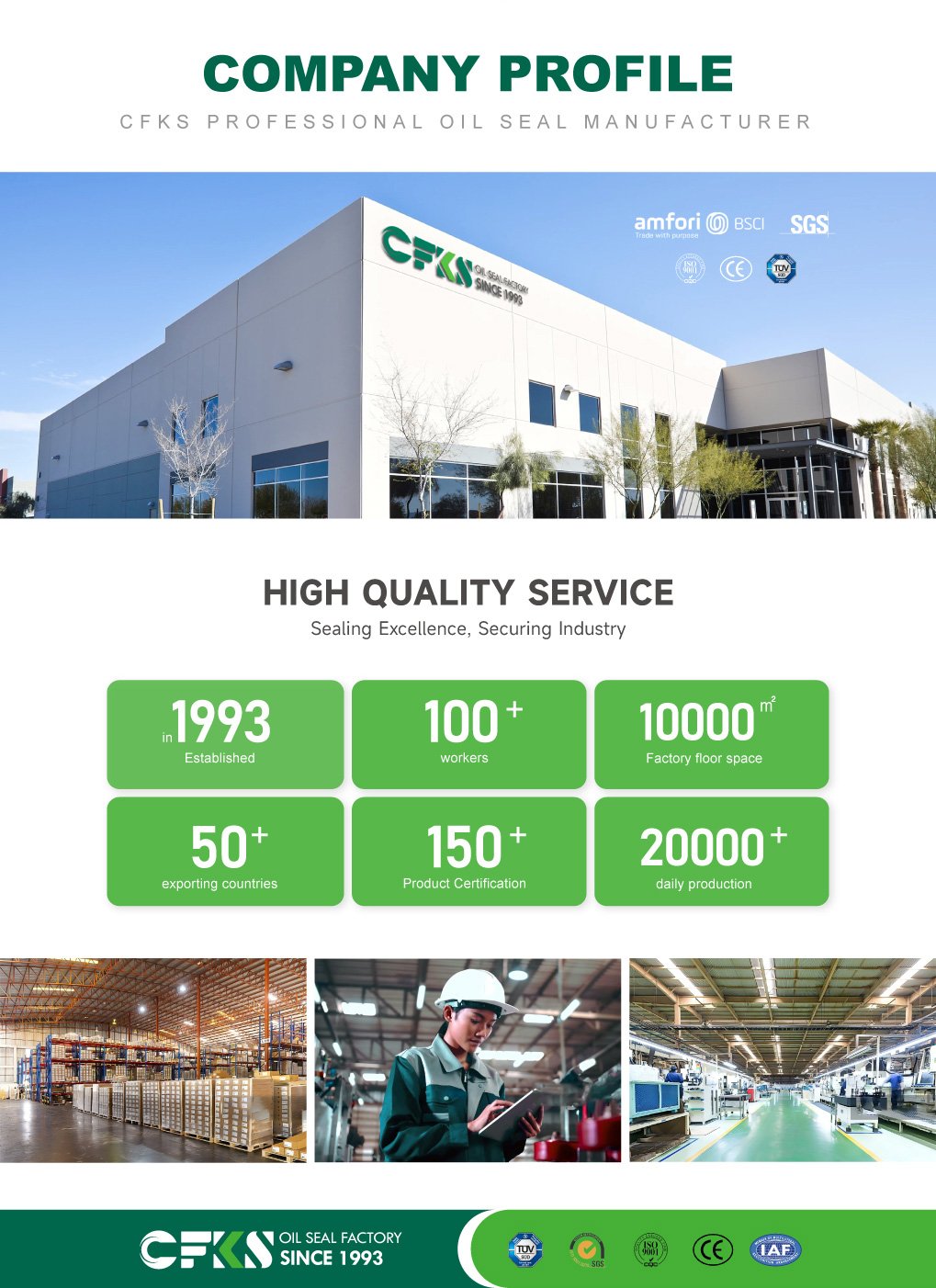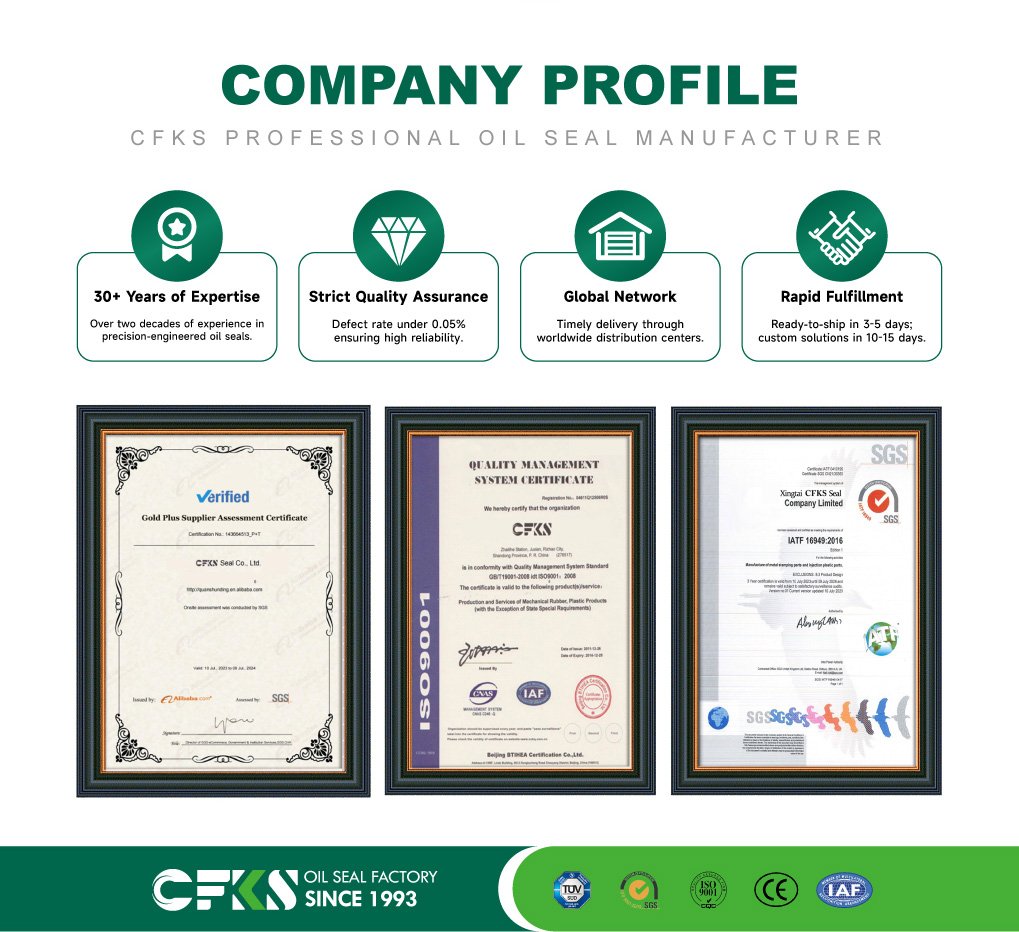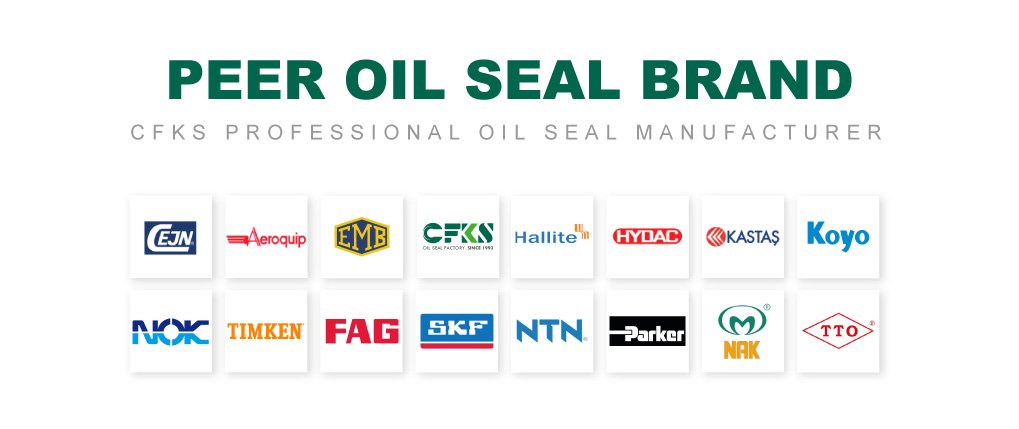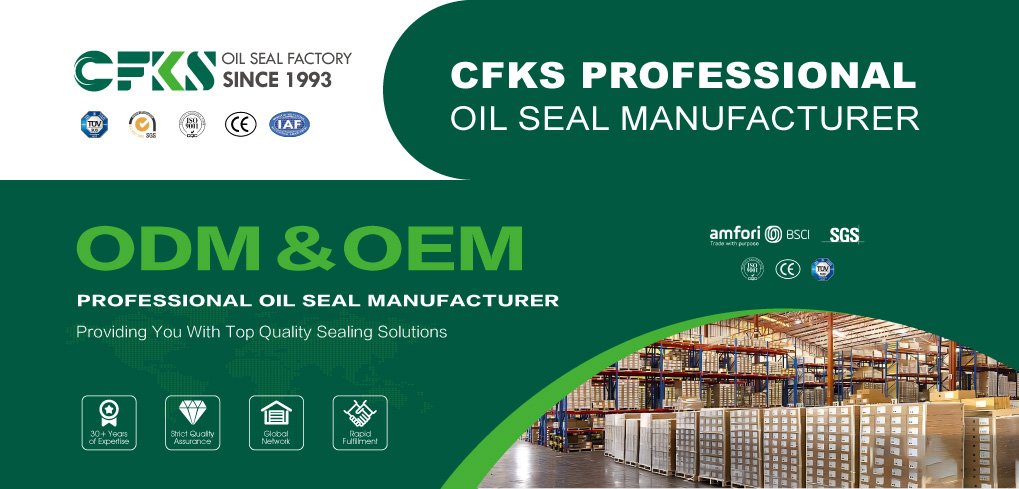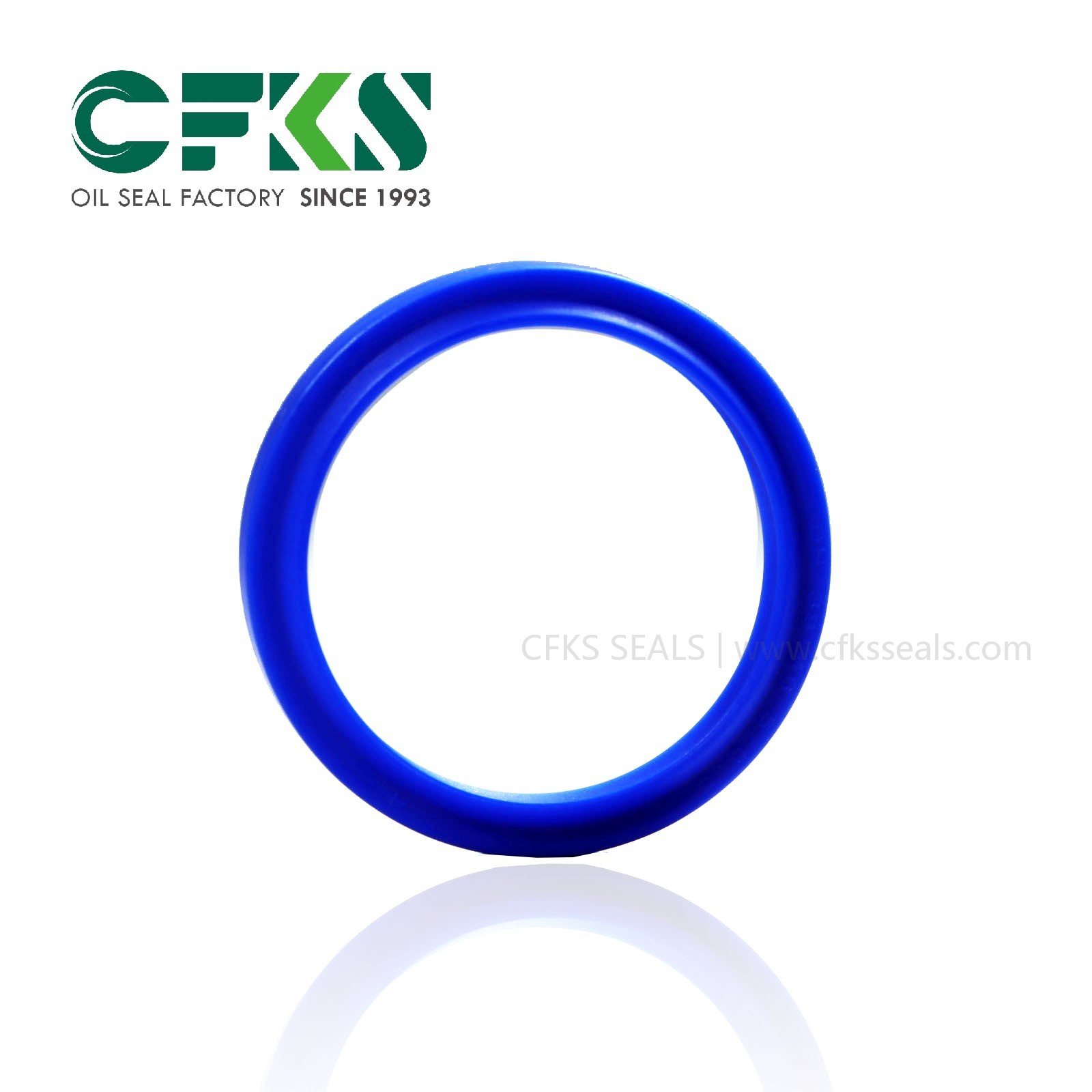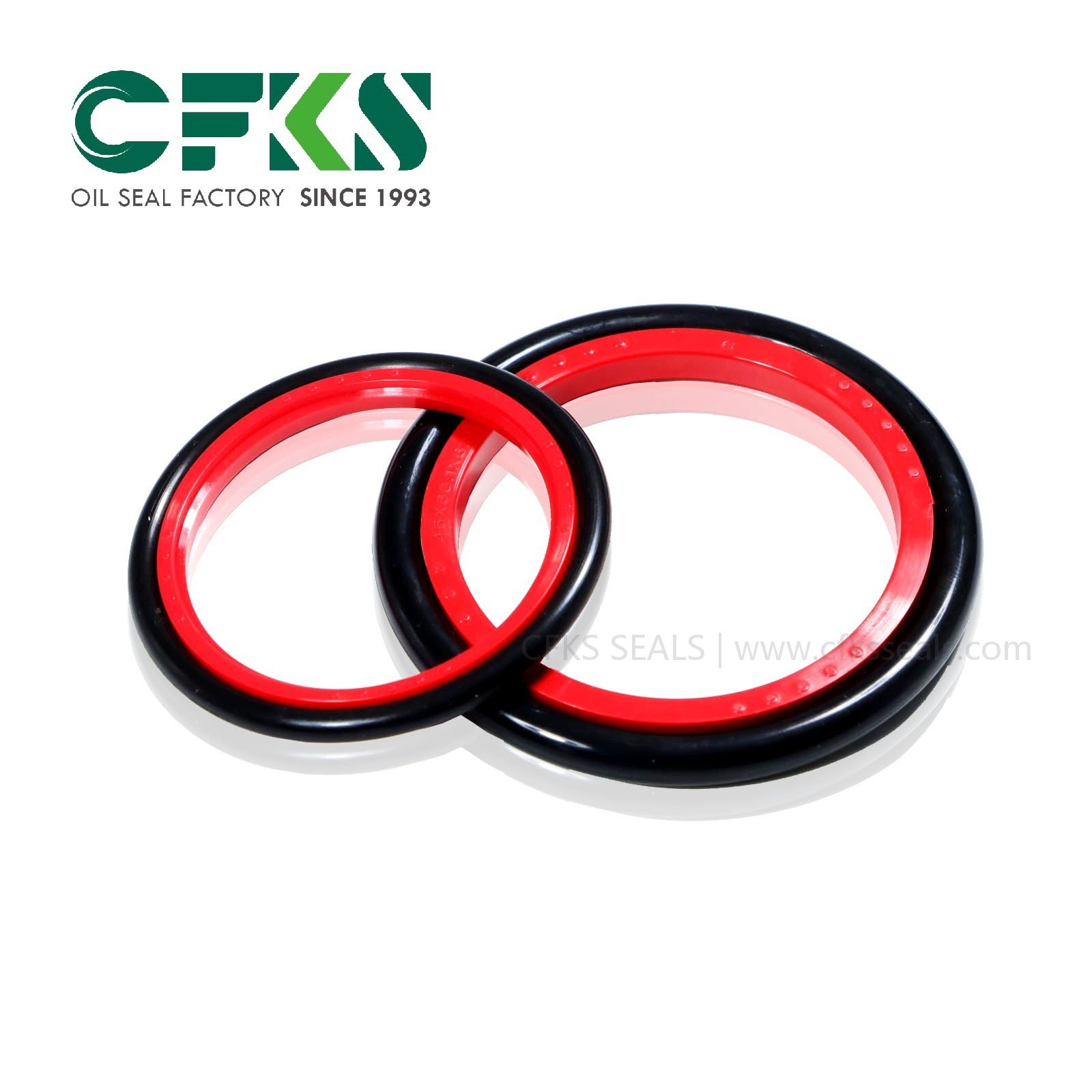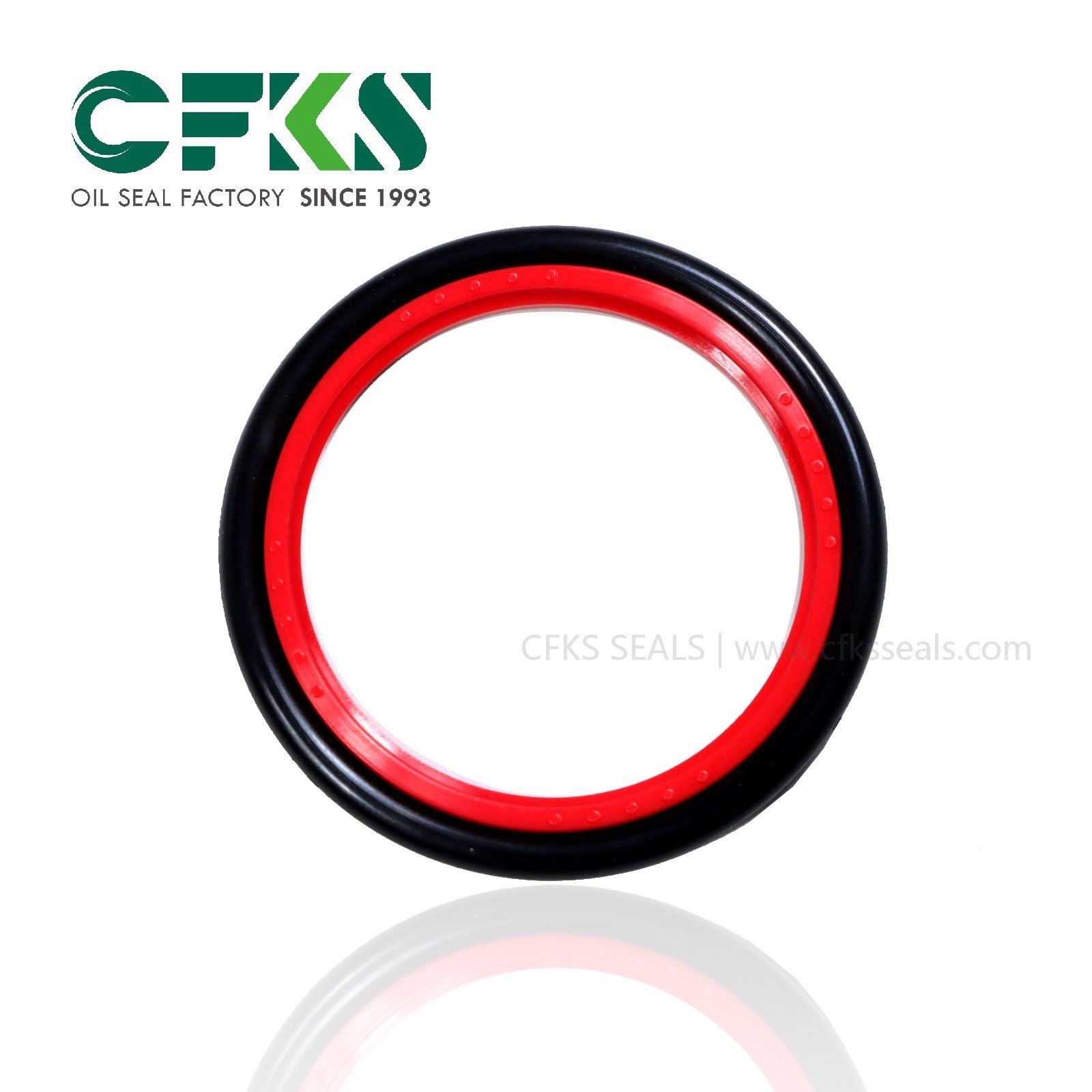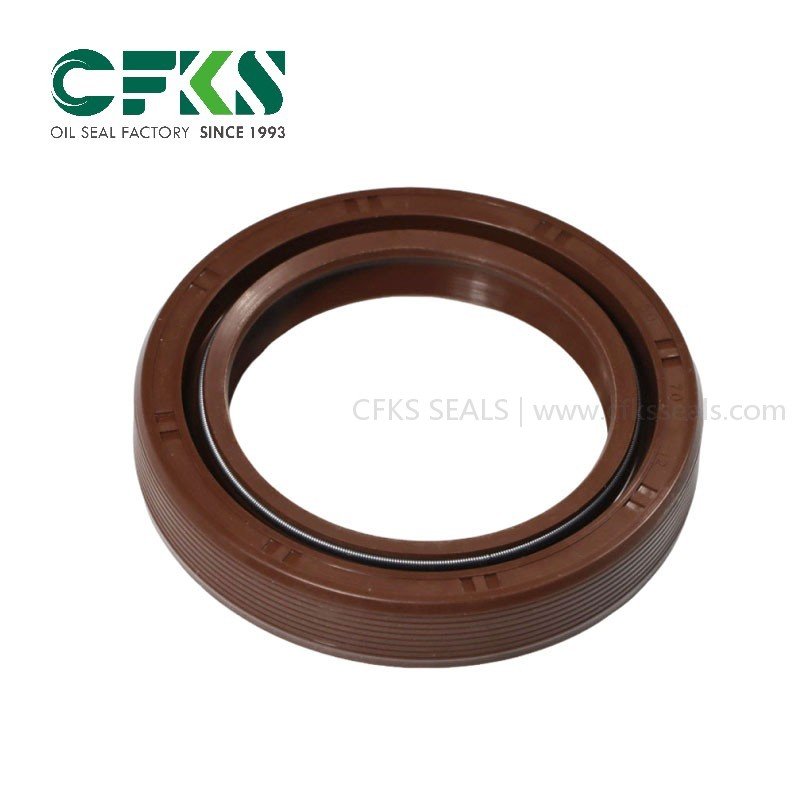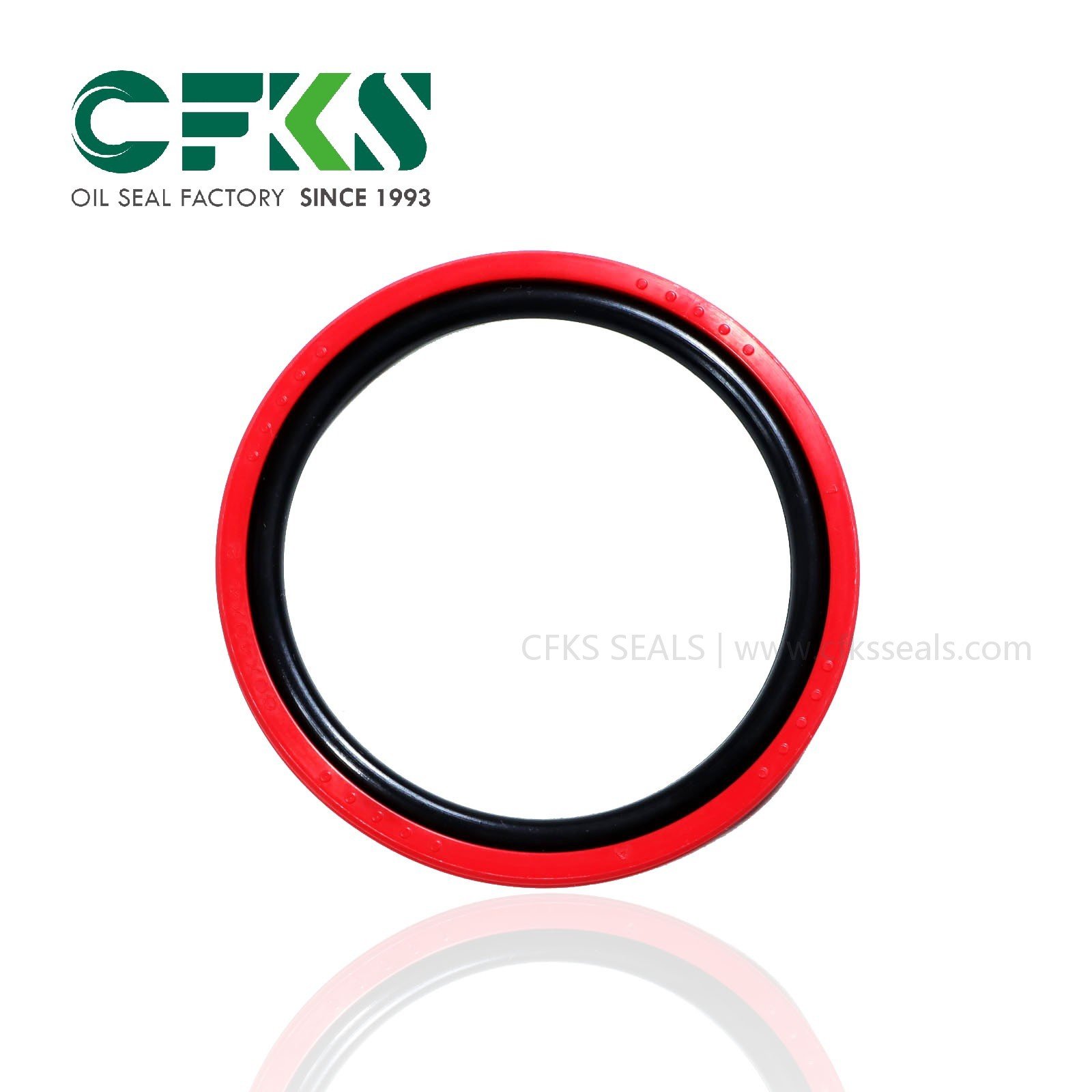CFKS Piston Seal Hydraulic Cylinder Piston Seals NBR Rubber PTFE Bronze Glyd Ring SPGO Seals
CFKS SPGO piston seals combine NBR rubber energizers with PTFE bronze-filled Glyd rings, offering exceptional sealing performance for hydraulic cylinders under high pressure, low friction, and long life cycle requirements.
Bonded Seal (12)
BS Seal (3)
Cassette Oil Seal (3)
Combi Oil Seal (3)
Construction Seal (9)
Coupling Spider (13)
DAS Seal (3)
DH Seal (4)
DHS Seal (3)
DK/DP Seal (3)
DLI Seal (3)
EC Cup Seal (3)
Glyd Ring (5)
Guide Ring (16)
HBY Seal (2)
High Pressure Water Seal (22)
Hydraulic Oil Seal (145)
IDU Seal (7)
JA Seal (5)
J Type Seal (5)
LBH Seal (2)
LBI Seal (2)
O-Ring/O-Ring Kit (12)
ODU Seal (8)
OK Seal (3)
OUY Seal (3)
Piston Seal (25)
Polyurethane Bump Stop (6)
Polyurethane Washer (3)
Power Transmission Parts (22)
Rod Seal (48)
Rotary Shaft Oil Seal (38)
Split Oil Seal (4)
Split Rotary Shaft Seal (3)
Spring Energized Seal (3)
Stainless Steel Oil Seal (3)
Step Seal (3)
TBV (20)
TC/TG Seal (100)
TCV/TCN (9)
UHS Seal (3)
UN/USH/UPH Rod Seal (21)
UPH Seal (2)
VA/VS Seal (3)
Wiper Seals/Dust Seal (36)
